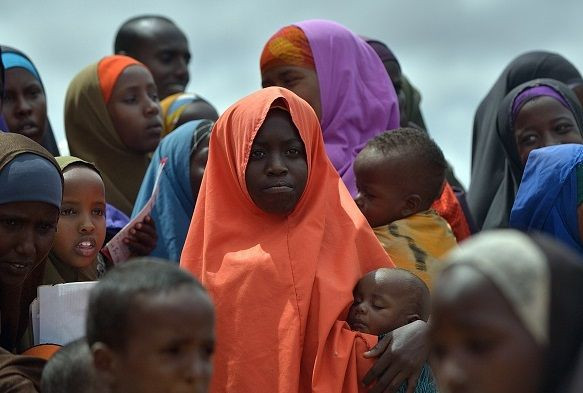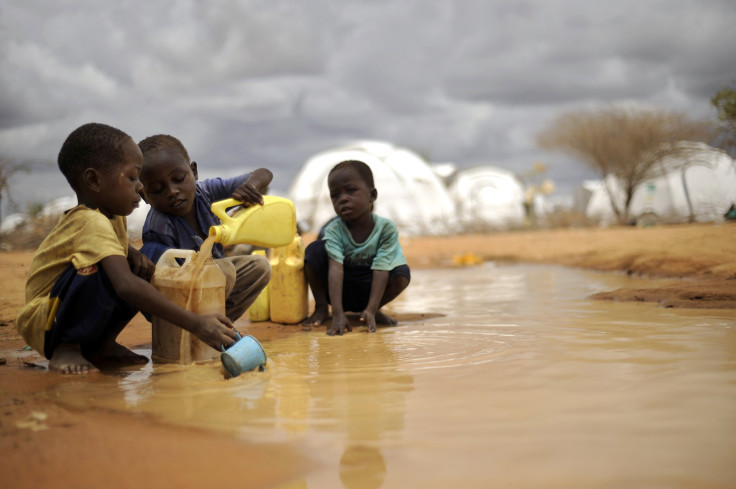Rights Groups Denounce Kenya’s ‘Reckless’ Move To Close Refugee Camps Housing Over 500,000

Human rights groups have criticized Kenya’s “reckless” decision to close the country’s two main refugee camps, with Amnesty International accusing the Kenyan government of abdicating “its duty to protect the vulnerable.”
“It could lead to the involuntary return of thousands of refugees to Somalia and other countries of origin, where their lives may still be in danger. This would be in violation of Kenya’s obligations under international law,” Muthoni Wanyeki, Amnesty’s regional director for East Africa, said in a statement released Friday. “Forced return to situations of persecution or conflict is not an option.”
Earlier on Friday, the Kenyan government announced that it was working toward an “expedited” closure of the refugee camps Dadaab and Kakuma, citing “security challenges” as a reason for doing so.
“Currently, Kenya is hosting over 600,000 refugees mainly in Dadaab and Kakuma camps. These refugees have been in the country for almost quarter of a century. ... The government of Kenya has continued to shoulder very heavy economic, security and environmental burden on behalf of the region and international community,” the government said in a statement. “Due to the immense security challenges such as threat of Al Shabaab and other related terror groups that hosting of refugees has continued to pose to Kenya and due to the slow nature of the repatriation, the government of Kenya has been forced by circumstances to reconsider the whole issue of hosting refugees and the process of repatriation.”
The Kakuma camp is home to nearly 190,000 refugees, mostly from South Sudan, while Dadaab — originally established in 1992 for the people fleeing from the war in the neighboring nation of Somalia — currently houses nearly 350,000 refugees, most of them Somalis.

Last year, after militants from the Somali militant group al Shabab killed nearly 150 people at the Garissa University, Kenya’s deputy president William Ruto told the United Nations Refugee Agency to relocate the people living in Dadaab within three months, “failing which we shall relocate them ourselves,”
However, after the U.N. warned that an abrupt closure of Dadaab, which is the world’s largest refugee camp, would have “extreme humanitarian and practical consequences,” the Kenyan government softened its stance, stating that it would not be “throwing them [the refugees] across the border.”
“This is not the first time the government has made such statements regarding the forcible return of refugees,” Liesbeth Aelbrecht, Doctors without Borders’ head of mission in Kenya, said in a statement Friday. “MSF is urging the government to reconsider this call, and — alongside the international organizations already present in the camp — to continue to provide humanitarian assistance and ensure acceptable living conditions for the hundreds of thousands of people who desperately need it.”
© Copyright IBTimes 2025. All rights reserved.






















